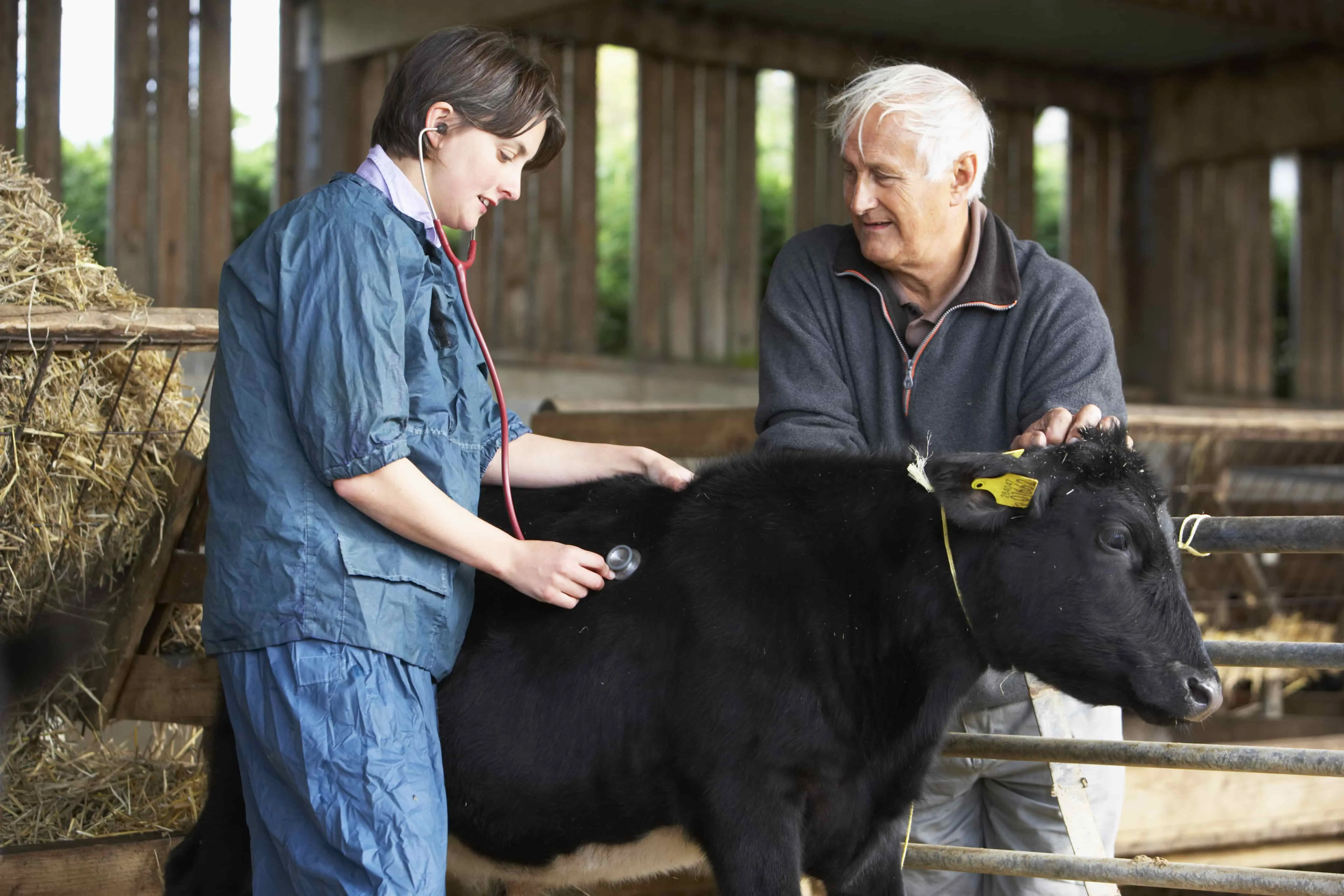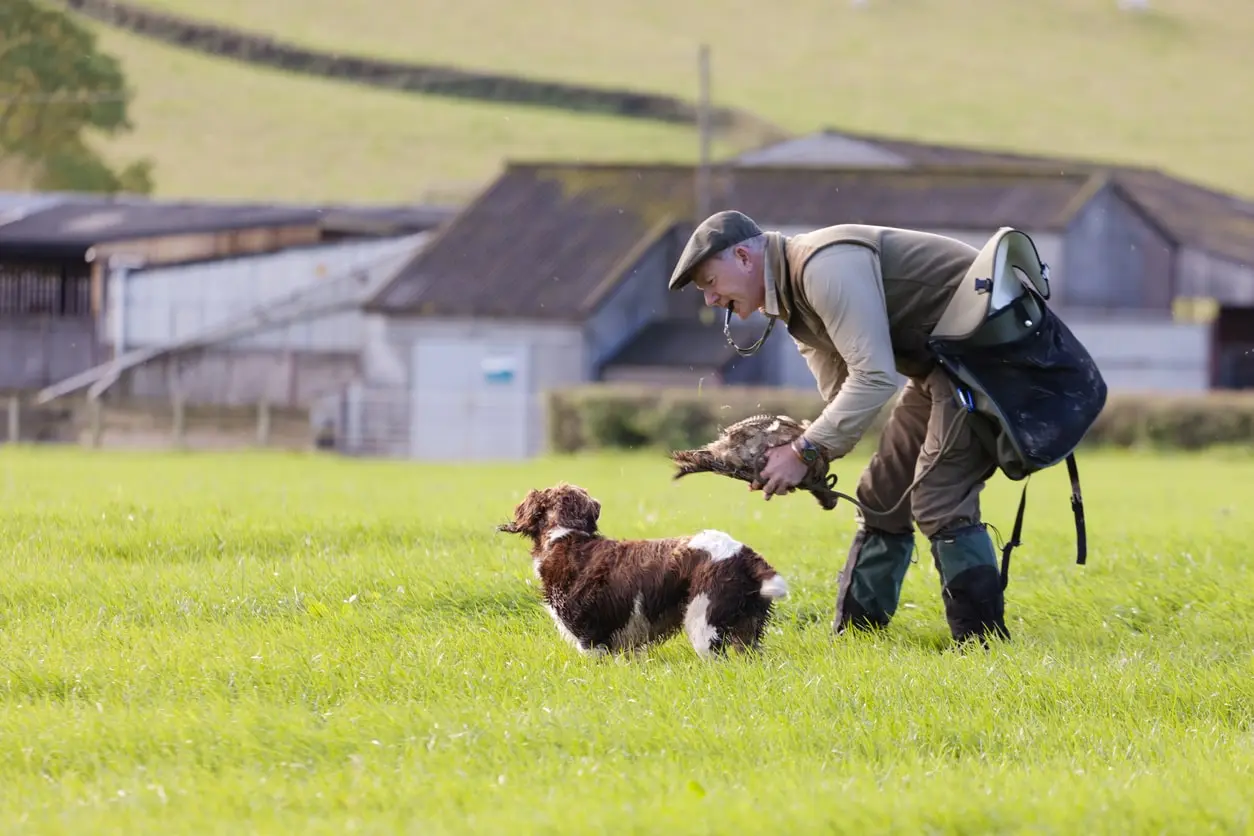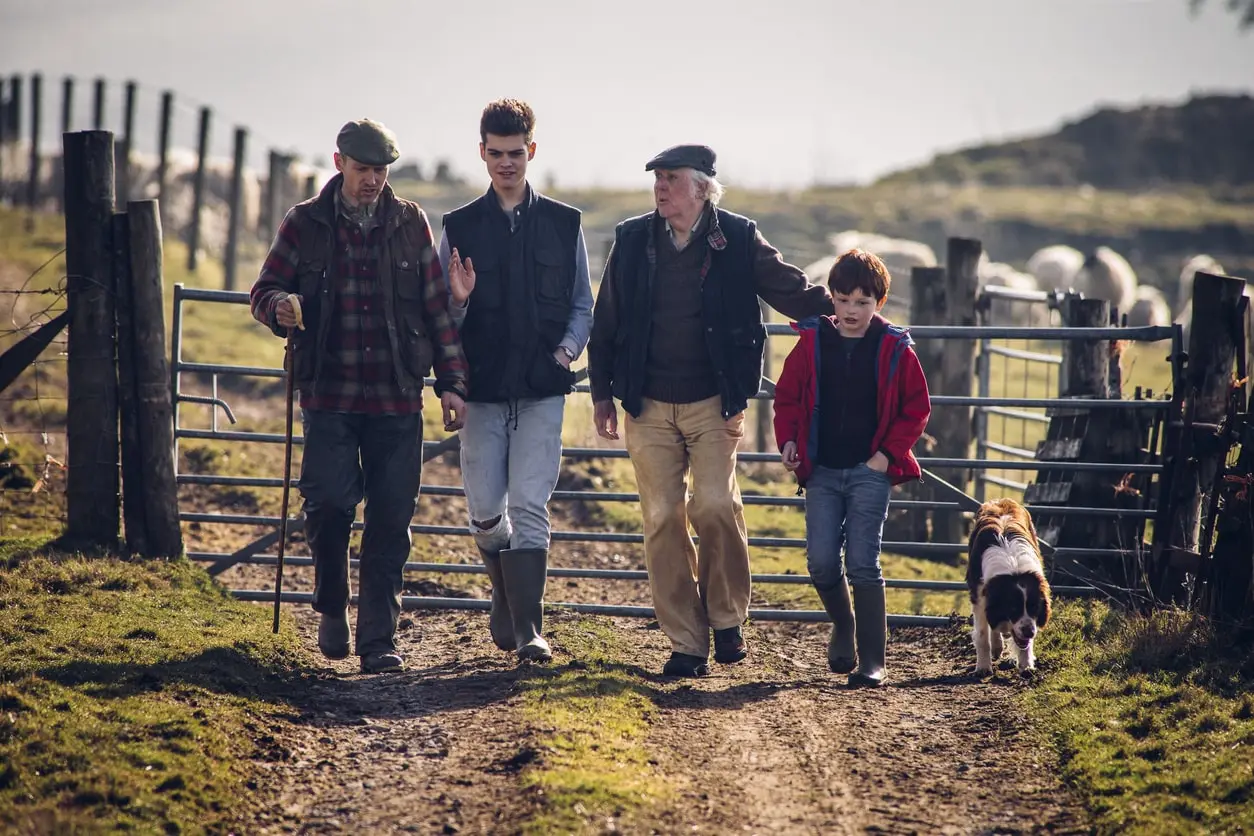Respect for science
Mainstream parties have acted appallingly to the countryside for decades. Much of it due to their arrogant substitution of urban guesswork for scientific research.
Perhaps the greatest scandal of animal welfare policy is that there was no science to back up the debate on fox hunting. MPs fulminated. But neither side had academic research to show whether it is better for the fox to be hunted, snared or shot. The latter is wiping out some fox populations and comes with a shockingly high wounding rate.
The Burns Report acknowledged the scientific void. That is why 103 vets wrote to Deafra this year saying we need research. They said the research should seek to understand the impact of the 2004 hunting ban on both the suffering of individual foxes and how rural fox numbers have subsequently plunged. True to form, the department has turned its tin-ear towards the vets.

Here is another example of its science-free policies: the rapid growth in dog ownership has seen a big increase in attacks on sheep. The challenge is how can we persuade the dogs not to go after sheep when they inevitably escape from their owners.
On this Deafra has swallowed the woke dogma of reward-based training. This argues that a pat on the back and a biscuit is enough to deter a dog from going after sheep. The department has offered not a shred of science to indicate that its chosen approach works. To compound its science-free ways, Deafra has gone completely hard of hearing when told of research which demonstrates that there is an effective way of preventing attacks: the e-collar training it wants to ban.
Such science-free policymaking costs animals’ lives.

